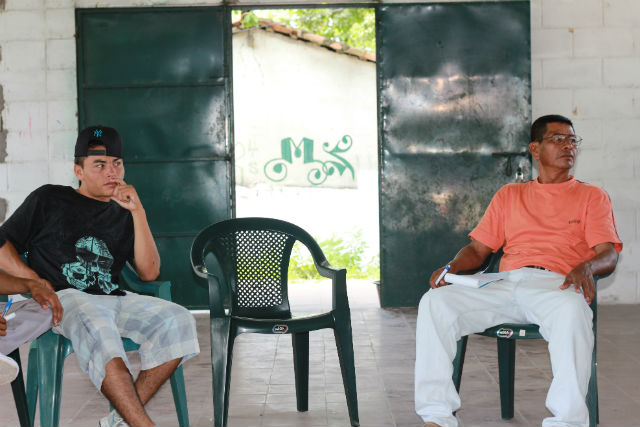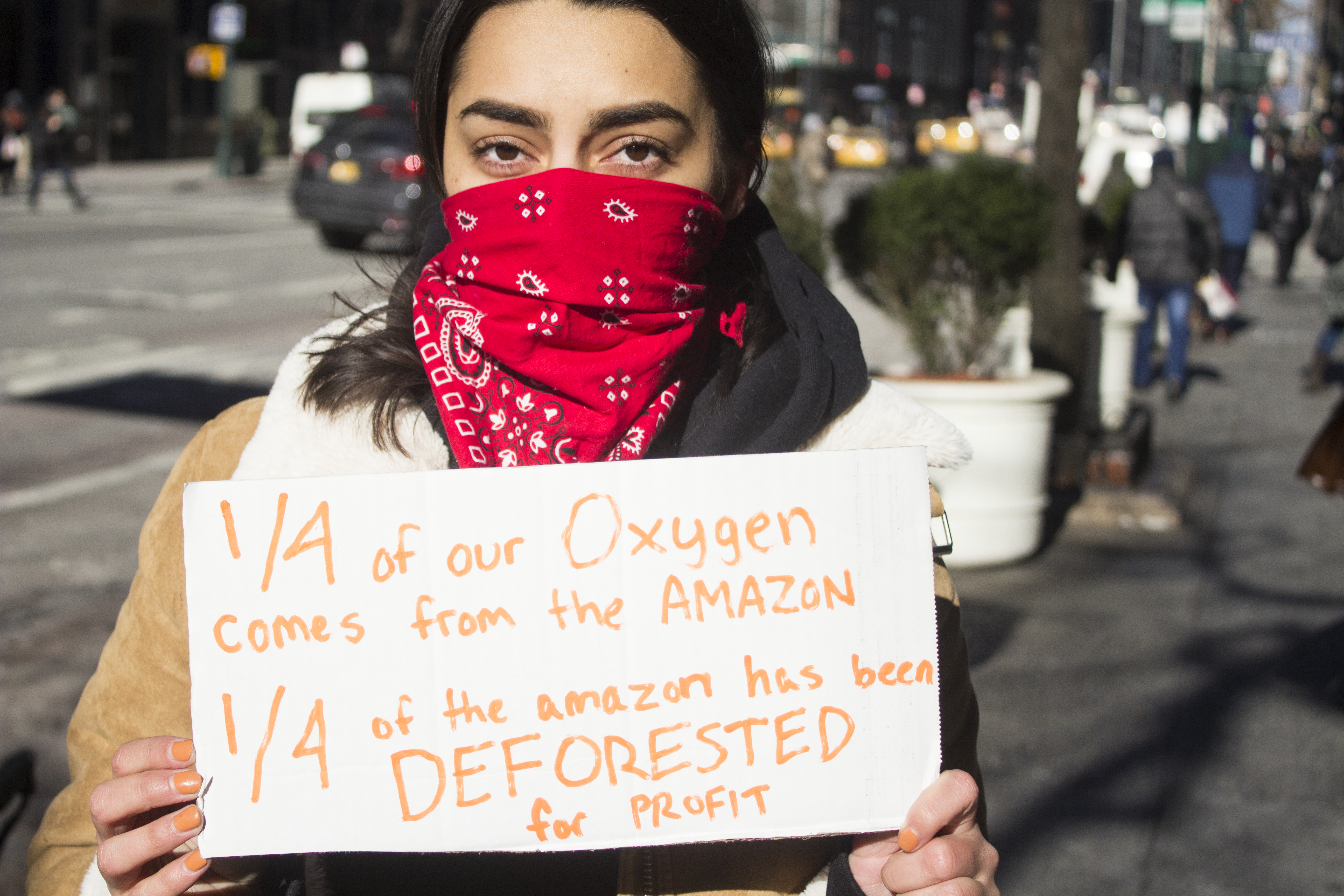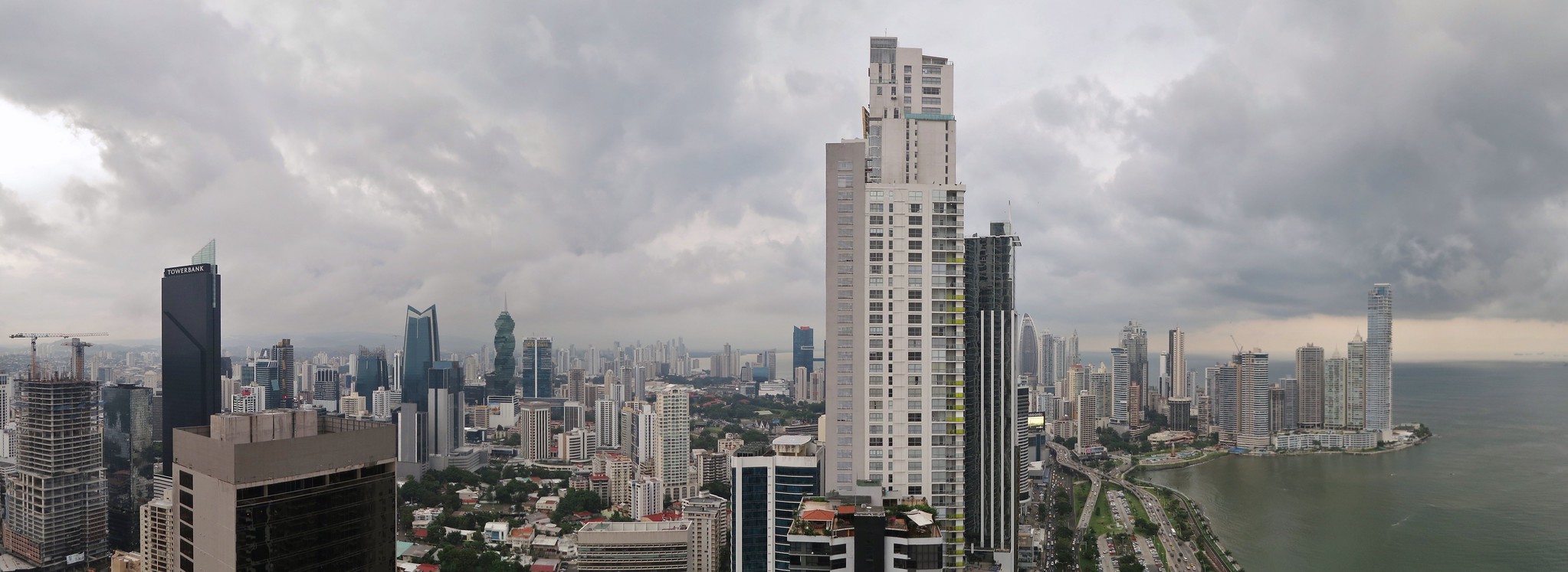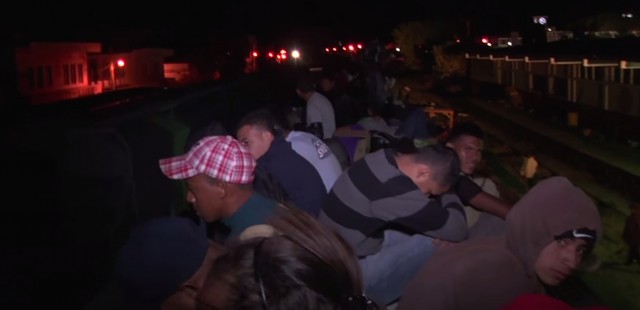
Central America, El Salvador, Guatemala, Honduras, Latin America: Week in Review, North America, United States
Officials Make Plans to Address Migrant Crisis, Despite Tensions
September 26, 2014 By Staff
Top Story – Officials from the U.S., Mexico and Central America are moving to address the unaccompanied minor crisis, but friction over the issue persists.
U.S. justice officials met on Thursday with counterparts from Mexico, Guatemala, Honduras and El Salvador to discuss solutions to the crisis which has affected the U.S. since January, reported EFE.
That meeting followed the revelation on Wednesday of working plans for ambitious infrastructure and energy projects in the so-called “Northern Triangle” countries of Central America. The plans are aimed at improving economic conditions and discouraging migration to the U.S.
Despite the meetings with the U.S. and the pro-integration rhetoric, tension remains, especially over the U.S.’ role. An anonymous Honduran official insisted that the U.S. should shoulder the bulk of the plan’s cost because drugs coming through Central America, a major driver of conflict, are inevitably destined for the U.S. marketplace.
Honduran President Juan Orlando Hernandez laid much of the blame for the crisis on international and, implicitly, U.S. drug policy, calling in a Wednesday speech before the U.N. for a multinational force to fight drug traffickers.
Central American leaders have previously called for a “Plan Central America” similar to Plan Colombia or the Mérida Initiative, which saw large aid packages given to Colombia and Mexico to fight drug trafficking.
And while Honduras’ First Lady Ana Garcia de Hernandez admitted in an interview with CNN that her country has work to do in fostering economic development to halt the flow of migrants, she also called on the U.S. to provide support for undocumented immigrants.
President Barack Obama’s Democratic party is facing pressure over the crisis at home, as well. A recent poll suggests most Latinos in the U.S. are dissatisfied with the party’s handling of immigration issues.
Headlines from the Western Hemisphere
North America
- The Mexican congressman found dead on Wednesday was probably killed by a drug cartel, according to a state prosecutor.
- Many immigrant families discovered illegally crossing the U.S. this year have failed to report to follow-up appointments with federal immigration agents, according to the Homeland Security Department.
- Rising theft of oil by Mexican drug cartels appears likely to challenge the country’s efforts to attract foreign investment in the sector, newly opened to private competition.
Caribbean
- President Raul Castro named his “reform czar” Mario Murillo as his new economic minister in the latest push to overhaul Cuba’s economy.
- The International Press Service reports on the difficulties facing Guyanese women living as immigrants in Trinidad and Tobago.
- Puerto Rico is far from achieving food security and continues to import the majority of its food, warn agriculture experts.
Central America
- Amnesty International has released a new report condemning a ban on abortions in El Salvador, where women can face prison sentences of up to 50 years for terminating a pregnancy.
- Police in El Salvador say over 2100 people have gone missing since 2013, most of them as a result of criminal violence.
Andes
- China will loan Bolivia $405 million to help build a steel plant to process iron ore from the El Mutun mine.
- Peru’s President Ollanta Humala addressed the UN General Assembly on Thursday, speaking on the country’s recent record of sustainable development.
Southern Cone
- Another homemade bomb exploded on Thursday, killing one in the Chilean capital of Santiago, the latest in a series of blasts in the city.
- Pope Francis has dismissed Paraguayan Bishop Rogelio Livieres Plano, accusing him of protecting a priest who had allegedly been sexually abusing children. This is the second time this week that the Pope has taken action over sexual abuse scandals in Latin America.
Image: Youtube
Subscribe to Today in Latin America by Email
< Previous Article
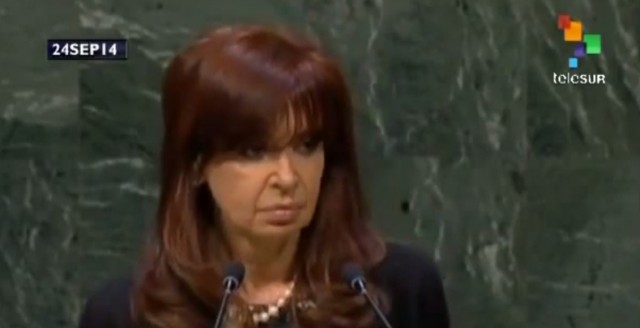
September 25, 2014 > Staff
Argentina Attacks Foreign Lenders Amid Economic Crisis
Next Article >
